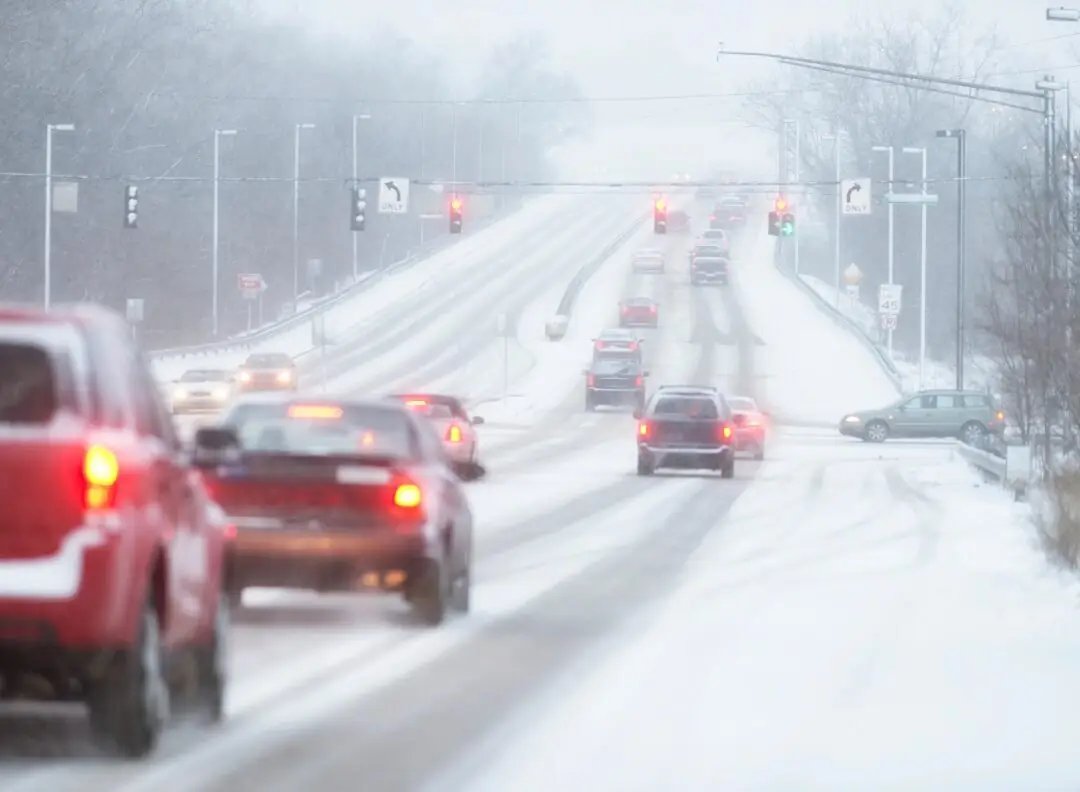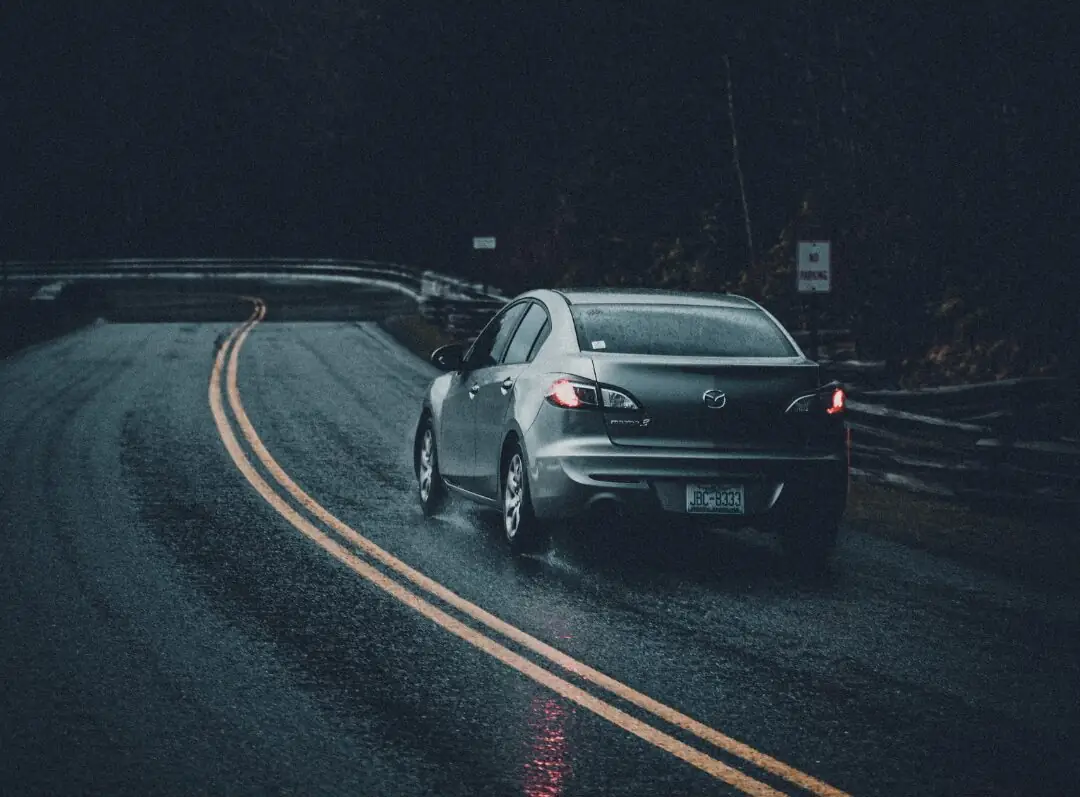
By Shaun O. Callahan | Partner | Vancouver Office
What is Personal Injury Protection (PIP)?
Personal Injury Protection is a type of auto insurance that is mandatory for all drivers in Oregon, with the exception of motorcyclists. This insurance must provide at least $15,000 of coverage for each person injured in an accident and can extend up to $100,000 of coverage.
Personal Injury Protection Coverage protects you even if you are at fault for the accident.
What can the Personal Injury Protection Coverage be used for in Oregon?
Personal Injury Protection Coverage can be used for:
- Medical expenses:
- This includes hospital and dental visits, surgery, ambulance rides, and prosthetic services within two years after the date of the injury up to $15,000
- Lost wages at work:
- If the individual is experiencing a disability for at least 14 days, 70 percent of their income lost from work will be covered at a maximum payment of $3,000 a month up to 52 weeks. Different insurance policies may provide different levels of benefits.
- Injury-related expenses:
- Expenses incurred by the injured person for essential services in the injured person’s household can be covered that were performed by a person who is not in the injured person’s immediate family.
- Funeral expenses:
- Funeral expenses of up to $5,000 are eligible to be covered within one year of the date of the person’s injury
- Childcare:
- If the injured person is a caretaker or guardian of a minor child and needs to be hospitalized for a minimum of 24 hours, up to $25 a day of childcare is eligible to be covered
What Happens if I drive without Personal Insurance Coverage in Oregon?
If you have a personal Oregon auto insurance policy you will have PIP. It is illegal to drive without Insurance in Oregon. You can be charged hefty fines for non-compliance and your driver’s license can be suspended for up to one year or until insurance is purchased. Even if the crash is not your fault, driving without insurance in Oregon can result in you being unable to be compensated for your pain and suffering caused by the negligent driver. (ORS 31.715)
Even if you have Personal Injury Protection Coverage, it is important to always drive with your insurance card. If you are pulled over and you do not have your Personal Injury Protection card, you can be fined anywhere from $130 - $1,000 at the discretion of the court.
You are covered by the Personal Injury Protection Coverage in Oregon if you:
- Are insured under your own insurance policy
- Are in a private passenger motor vehicle that is insured
- Are a pedestrian struck by an insured private passenger motor vehicle
If you do not fall under these categories, please speak with a personal injury lawyer at GLP to find out how we can support your personal injury case. It is important to understand what your personal injury coverage is so you are properly protected in case of an emergency.
Getting into a vehicle collision is stressful. GLP attorneys are here to ensure that you have the right information to be financially covered in case of an automobile accident.
GLP Attorneys are Here to Represent you in your Personal Injury Case:
GLP attorneys are here to help you navigate your coverage after a vehicle collision. We want to ensure that while you are healing from car collision injuries, you are also able to feel financially secure. Personal injury cases from an automobile accident injury can be complex, and you must understand the variety of different liability and insurance coverage issues that may apply to your case, including Personal Injury Protection coverage. If you think that someone was at fault in causing a collision that you, a family member or a friend were involved in, you should have the facts of your claim reviewed by a lawyer as soon as possible.
If you have been involved in an automobile collision, please call 206.752.4092, or email our personal injury attorneys at for a free initial consultation. One of our skilled attorneys will be able to tell you whether you might be able to collect damages under Oregon law.



